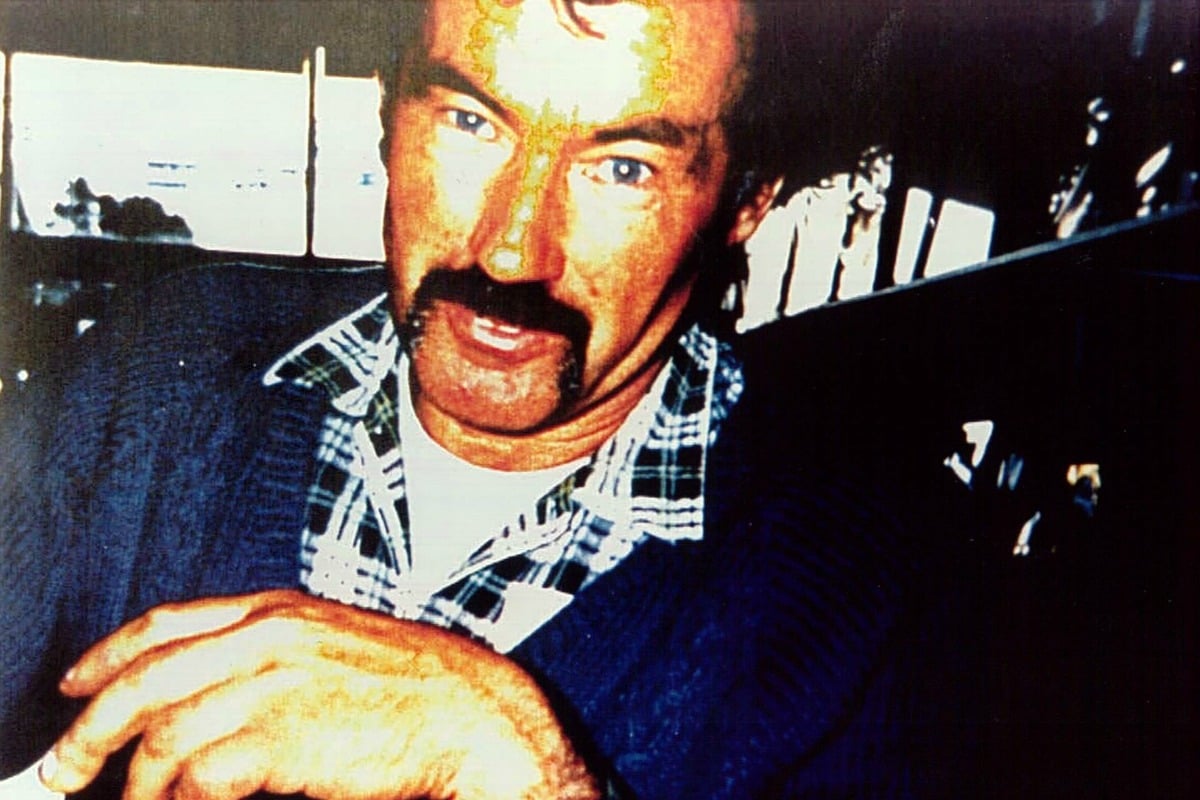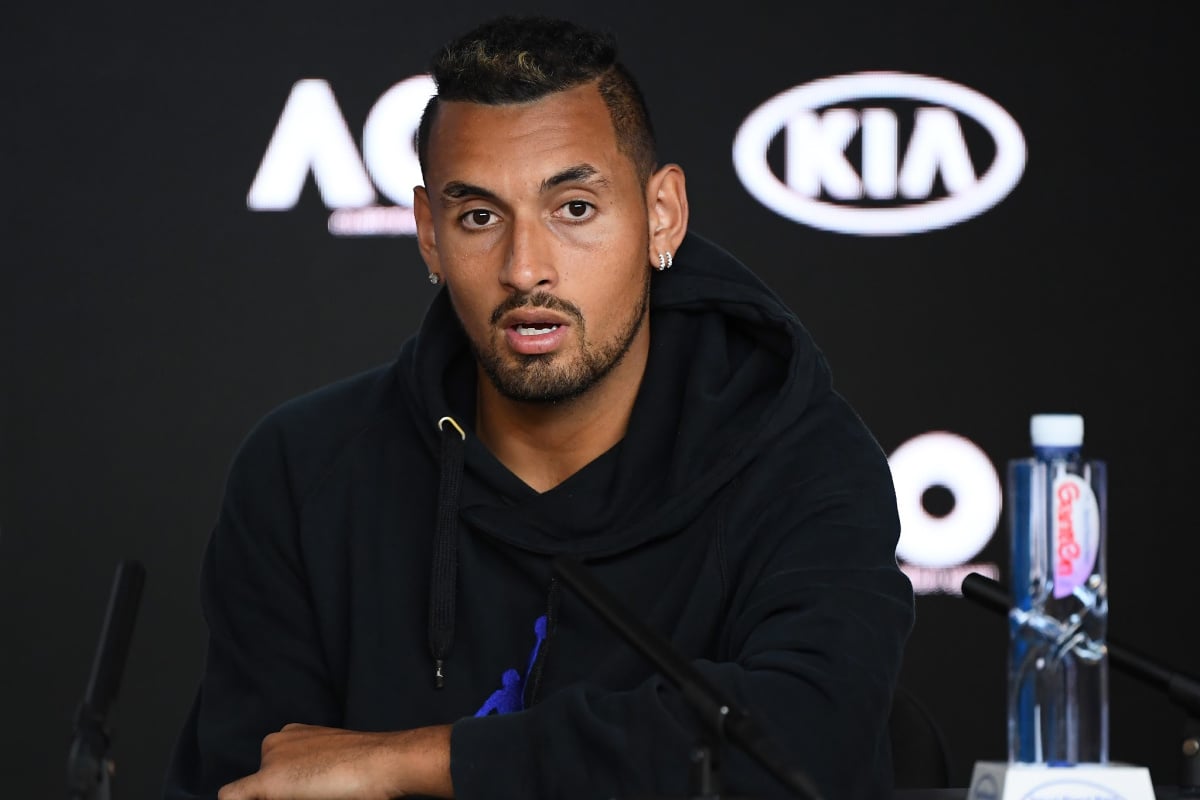
-With AAP.
1. “Do the honourable thing.” Police Minister urges Ivan Milat to confess before he dies.
Serial killer Ivan Milat should “do one last honourable thing on his deathbed”, says NSW Police Minister David Elliott.
The Belanglo State Forest serial killer is dying from oesophagus and stomach cancer and the 74-year-old could have just weeks to live, according to his nephew.
Elliott told 9 News he hopes Milat, who has always denied his role in seven murders, finally comes clean about his convictions.
The former road worker was sentenced in 1996 to seven consecutive life sentences for murdering seven backpackers whose bodies were found in makeshift graves in NSW’s Belanglo State Forest in the 1990s.
He also kidnapped British tourist Paul Onions who managed to escape from Milat’s vehicle.
Milat was taken from Goulburn’s supermax jail to the Prince of Wales Hospital in Randwick on Monday for a battery of medical tests. He’s now been diagnosed with terminal cancer.
Milat’s nephew, Alistair Shipsey, says his uncle’s condition is “very bad”.
“I’ve been informed he’s only got a couple of weeks to live,” Mr Shipsey told Ten News on Thursday.
Milat – who’s reportedly lost 20 kilograms in recent weeks – hasn’t been able to eat or keep food down.
“So to me they’ve known for months – why didn’t they treat it?” his nephew said, adding he wanted to visit his uncle – whom he believes is innocent – “before he dies”.
“He’s one of my favourite uncles,” Mr Shipsey said.


Top Comments
I would have thought all horse riding events would have a paramedic and a doctor attending all events!!!
I was a rider in my teenage years and they certainly used to- St Johns ambulance was at every event I attended. There wasn’t a requirement to have a doctor but the nature of the sport means there’s usually at least one family member there who is one. It’s absolutely insane to think they dropped that policy, equestrian events are usually in remote areas and at the very least there’s usually a broken arm or someone needs to be checked for a concussion! EspecIally eventing, it’s incredibly dangerous.